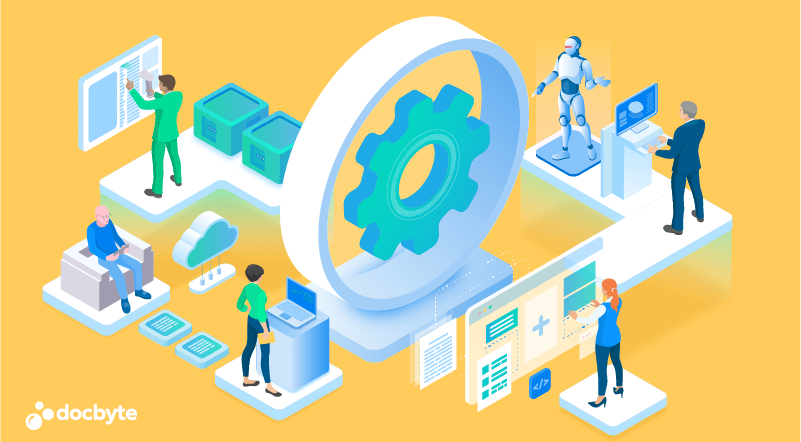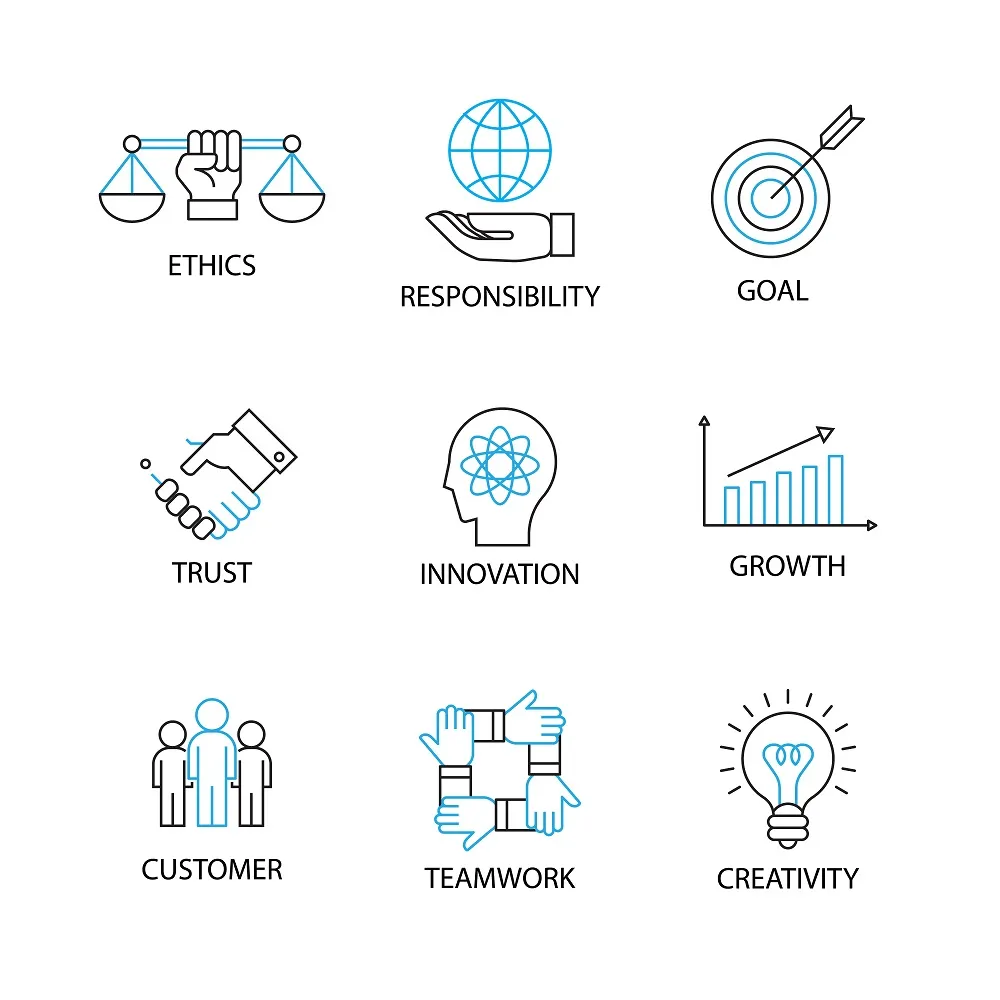This topic explores new and emerging technologies, such as quantum computing, blockchain, and 3D printing, and their potential impact on society and various industries.
Emerging technologies have the potential to revolutionize the world we live in. With advancements in science and engineering, new technologies are being developed at an unprecedented rate, opening up new opportunities and challenges for businesses and society as a whole.

In this essay, we will explore some of the emerging technologies and their potential impact on society and various industries.
One of the most exciting emerging technologies is quantum computing. Unlike classical computers that use bits to store and process information, quantum computers use qubits, which can exist in multiple states simultaneously.
This allows quantum computers to perform calculations that would be impossible for classical computers. For example, quantum computers could simulate complex chemical reactions, facilitating the development of new drugs and materials.
Another emerging technology with great potential is blockchain. Blockchain, a decentralized ledger, records transactions securely and transparently.
This technology has already created cryptocurrencies like Bitcoin, but it has many other potential applications. For instance, blockchain could secure and tamper-proof voting systems or ensure ethically sourced and produced supply chains for products.
3D printing is another emerging technology that has the potential to revolutionize manufacturing. 3D printing creates objects by layering materials, rather than subtracting material from a larger block.
This allows for greater flexibility in manufacturing, as it enables the creation of objects with complex shapes and internal structures. 3D printing could create prosthetic limbs, medical devices, and spare parts for machinery and equipment.
Artificial intelligence (AI) is also an emerging technology with significant potential. AI involves creating algorithms that perform tasks requiring human intelligence, like pattern recognition, language processing, and decision-making.
This technology has created intelligent virtual assistants like Siri and Alexa and has many other potential applications. For example, AI could be used to develop autonomous vehicles or to diagnose medical conditions more accurately and quickly.
One of the key challenges posed by emerging technologies is the potential impact on jobs and the economy. Automation, for example, has the potential to eliminate many jobs in manufacturing and other industries.
However, emerging technologies also have the potential to create new jobs and industries. For example, self-driving cars could create new jobs in the automotive industry, such as software developers and data analysts.
Another challenge posed by emerging technologies is the potential for misuse and abuse. For example, AI could create autonomous weapons or conduct mass surveillance, raising concerns about abuse and human rights violations.
It is important to develop and use emerging technologies ethically and responsibly, with proper regulations and safeguards.
Conclusion
Emerging technologies can transform our world, creating new opportunities and challenges for businesses and society.
Technologies like quantum computing, blockchain, 3D printing, and AI can revolutionize industries like healthcare, manufacturing, and transportation.
Emerging technologies must be ethically developed and used, with regulations to mitigate risks and ensure fair benefits. 온라인카지노

